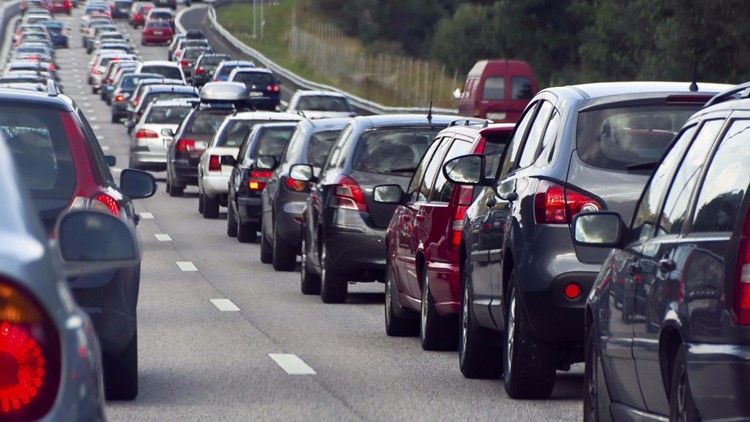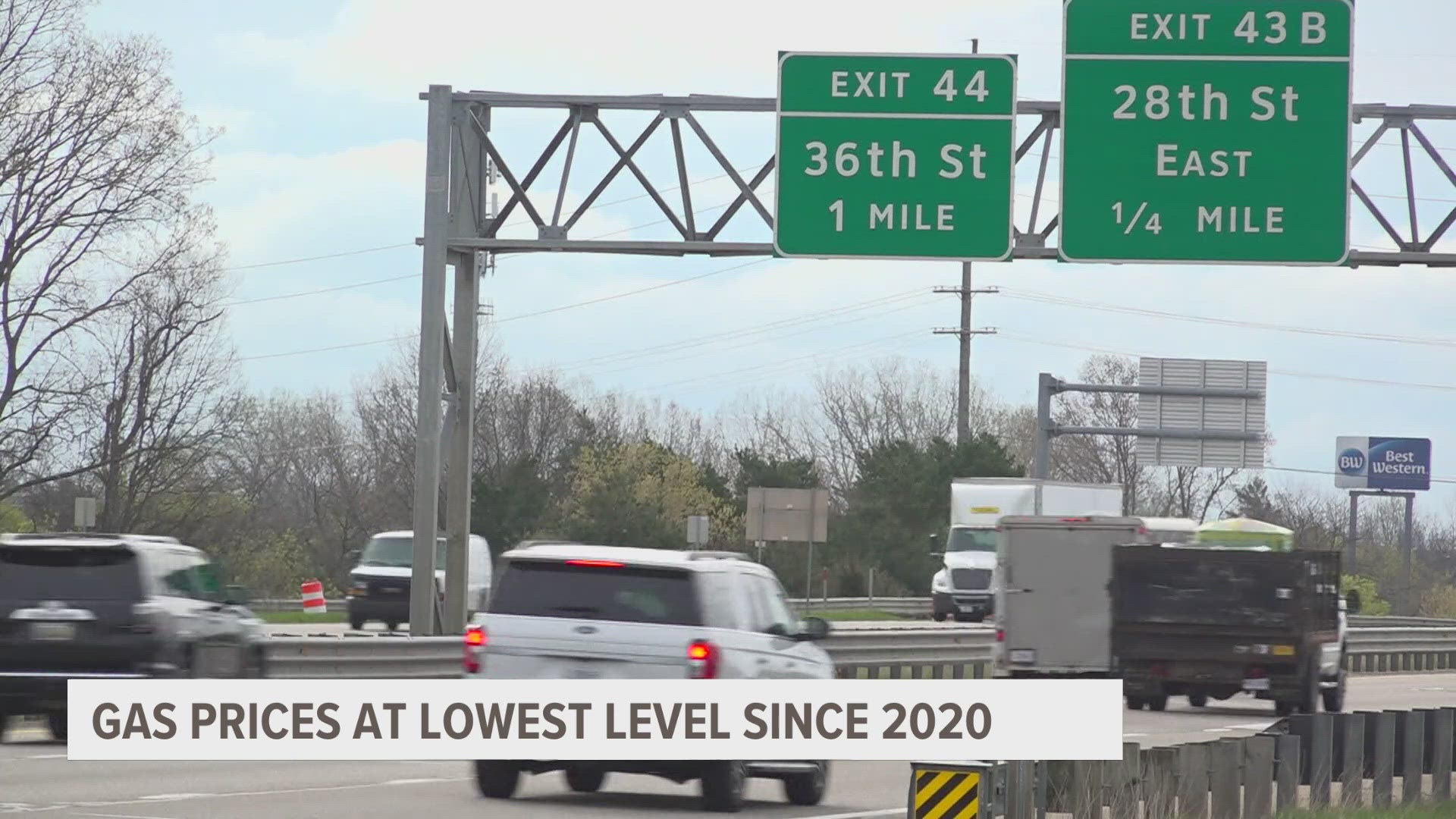GRAND RAPIDS, Mich. — With a record-breaking Fourth of July travel weekend expected, AAA is sharing how many drivers will be hitting the road—and how to best avoid holiday traffic.
Currently, AAA is forecasting that travel records will be broken both nationally and in Michigan. Last year, 2.4 million Michiganders traveled for the holiday weekend. That number is expected to jump to 2.6 million this year.
This is the second year in a row that Michigan will see historic Fourth of July travel.
“The summer travel season is off to a hot start and we expect to set new travel records on the road and in the sky during the week of Independence Day,” said Debbie Haas, Vice President of Travel for AAA – The Auto Club Group. “There will be 3.5 million more travelers than last year. That means even more people at airports and popular attractions like beaches, lakes, and theme parks.”
If you're traveling in metro areas, you should prepare for traffic and travel delays, even if you head out before or after peak travel times.
“With so many people on the road it’s important to be patient, minimize distractions while driving, and move over for people on the roadside,” said AAA spokesperson said Adrienne Woodland.
AAA measures the Fourth of July travel period to be between Saturday, June 29 and Sunday, July 7. The worst time to hit the road, according to AAA, is between 2 p.m. and 7 p.m. before and on the Fourth of July. If you're looking to beat traffic, you should head out in the morning.
“Drivers in large metro areas can expect the worst traffic delays on Wednesday, July 3rd, as they leave town, and Sunday, July 7th, as they return,” said Bob Pishue, transportation analyst at INRIX. “Road trips over the holiday week could take up to 67% longer than normal. Travelers should monitor 511 services, local news stations, and traffic apps for up-to-the-minute road conditions.”
Meanwhile, gas prices have been on the decline, but AAA said they could start increasing again due to geopolitical tensions or a hurricane that threatens oil rigs and refineries along the Gulf of Mexico.
►Make it easy to keep up to date with more stories like this. Download the 13 ON YOUR SIDE app now.
Have a news tip? Email news@13onyourside.com, visit our Facebook page or Twitter. Subscribe to our YouTube channel.
Watch 13 ON YOUR SIDE for free on Roku, Amazon Fire TV Stick, and on your phone.



